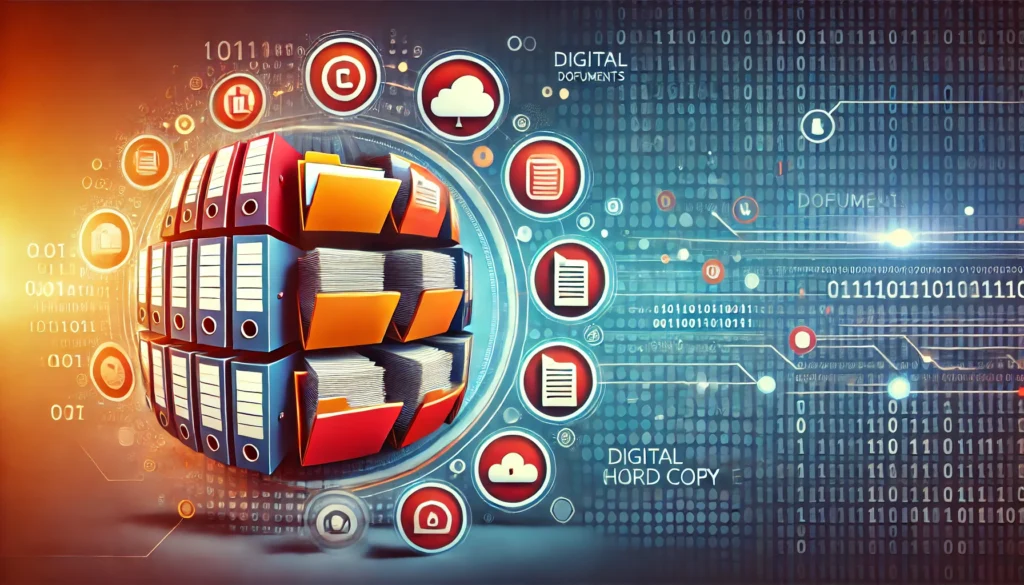Why Digital Records Are More Valuable Than Hard Copy Records
Why Digital Records Are More Valuable Than Hard Copy Records
In an increasingly digital world, the debate over digital versus hard copy records is becoming more pronounced. With technology advancing rapidly, businesses and individuals alike are shifting from traditional hard copy records to digital ones. Let’s explore why digital records are more valuable, convenient, and sustainable in today’s landscape.

1. Easy Access and Retrieval
One of the greatest advantages of digital records is instant access. With digital records, information can be retrieved within seconds. This feature is especially beneficial in work environments where time is of the essence. On the contrary, finding specific information within piles of paper can be time-consuming and sometimes impossible without a well-organized filing system.
2. Enhanced Security and Privacy
Digital records offer superior security measures compared to hard copy records. They can be encrypted, password-protected, and stored in secure servers, reducing the risk of unauthorized access. Digital records can also include permission levels, ensuring only authorized personnel access specific information. Hard copy records, however, are more susceptible to physical theft or damage without the same level of control.
3. Space-Efficient and Cost-Effective
The storage space needed for hard copy records can be costly, as they require physical filing cabinets, storage rooms, or off-site locations. This not only consumes valuable office space but also adds to operational costs. Digital records, however, can be stored on a cloud server or local storage device, saving space and reducing costs significantly.
4. Better for the Environment
Switching to digital records helps reduce paper consumption, which is environmentally friendly. Maintaining hard copy records requires not only paper but also other resources such as ink and storage supplies, contributing to deforestation and pollution. Digital records, in contrast, have a minimal environmental impact, especially when stored on energy-efficient servers.
5. Disaster Recovery and Durability
Hard copy records are vulnerable to physical damage from natural disasters like fires, floods, and earthquakes. Once damaged, the data on them may be unrecoverable. Digital records can be backed up easily and stored across multiple locations, making disaster recovery more manageable. They’re more durable and can withstand the test of time without the risk of physical degradation.
6. Ease of Sharing and Collaboration
Digital records enable seamless sharing and collaboration. In a business environment, digital files can be easily shared across departments, allowing teams to collaborate efficiently without the delay of mailing or physically transporting documents. Hard copy records, on the other hand, are not easily shareable and require manual handling, which can hinder productivity.
Final Thoughts
Digital records have numerous advantages over hard copy records, from enhanced accessibility and security to environmental benefits. They align with the modern world’s demands for efficiency and sustainability, making them essential for businesses looking to stay competitive and environmentally conscious. Embracing digital record-keeping is more than just a trend; it’s a smart, future-proof choice.


